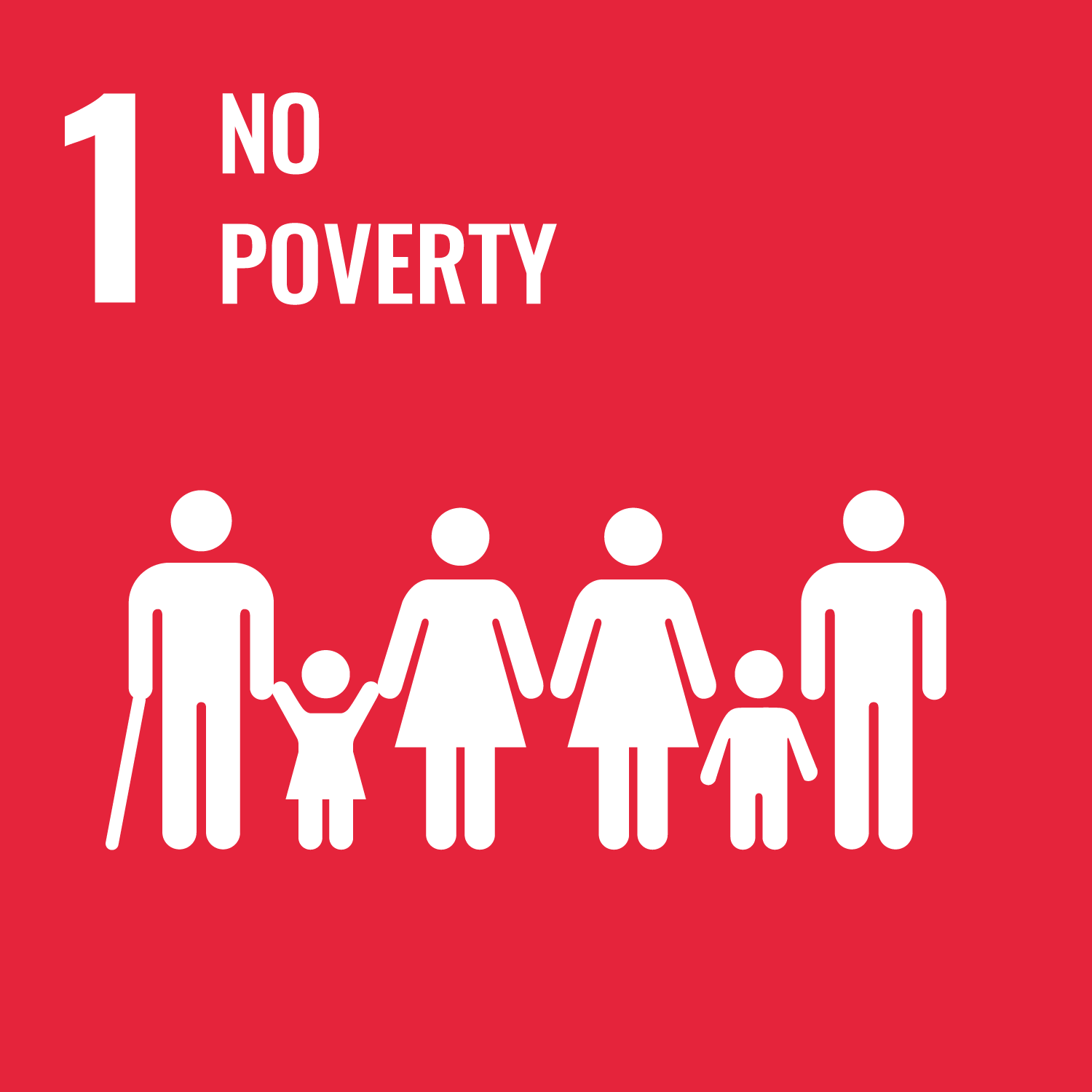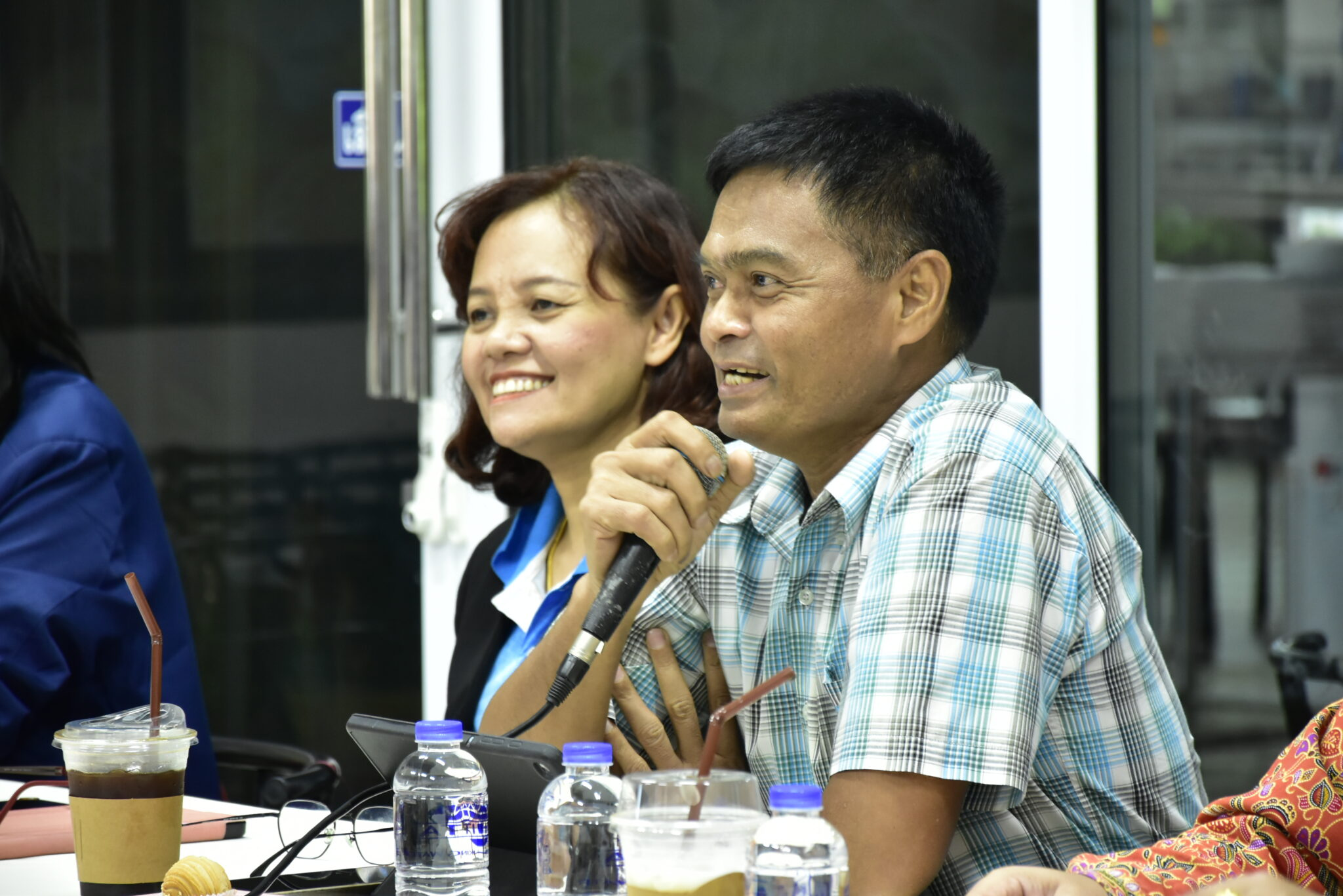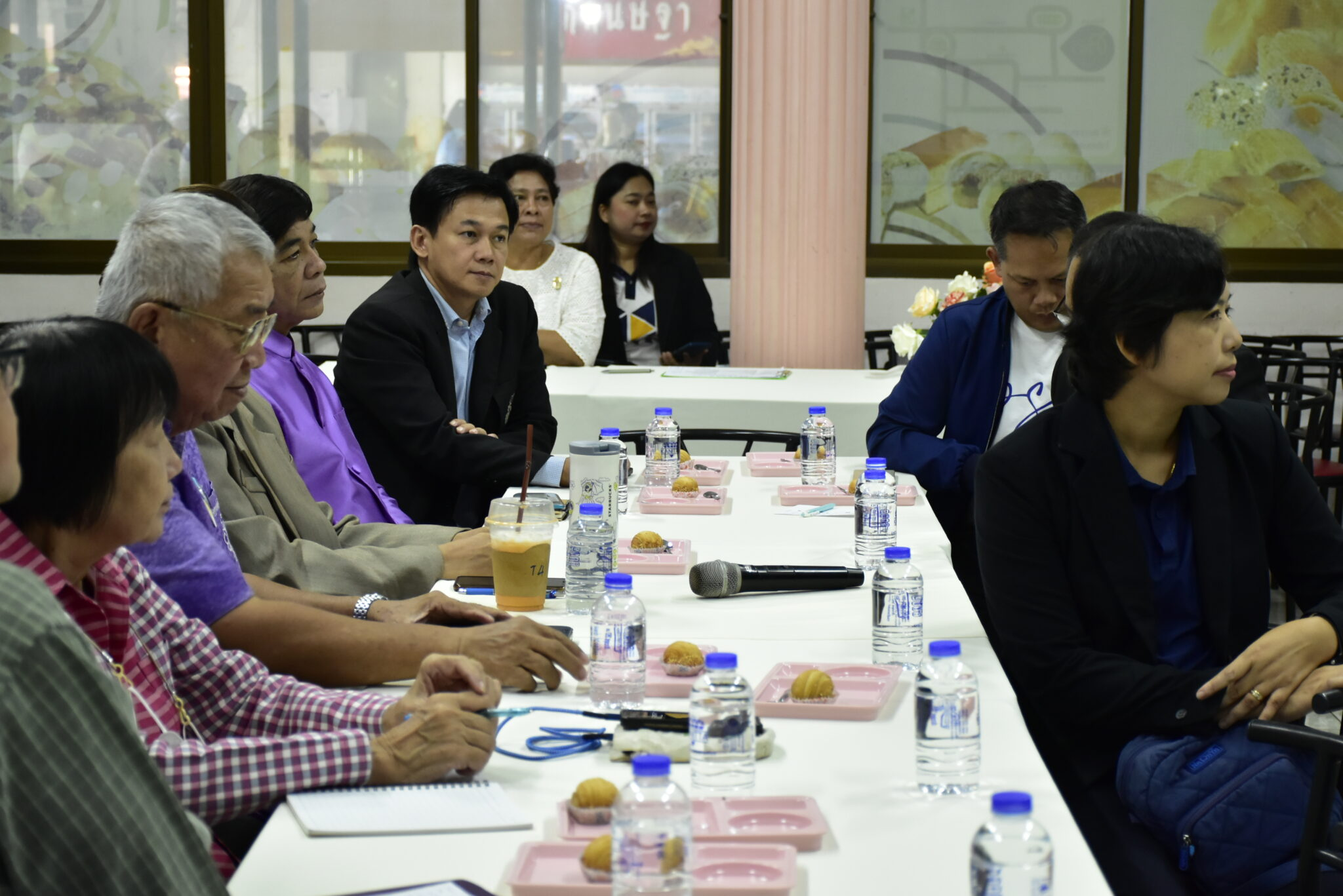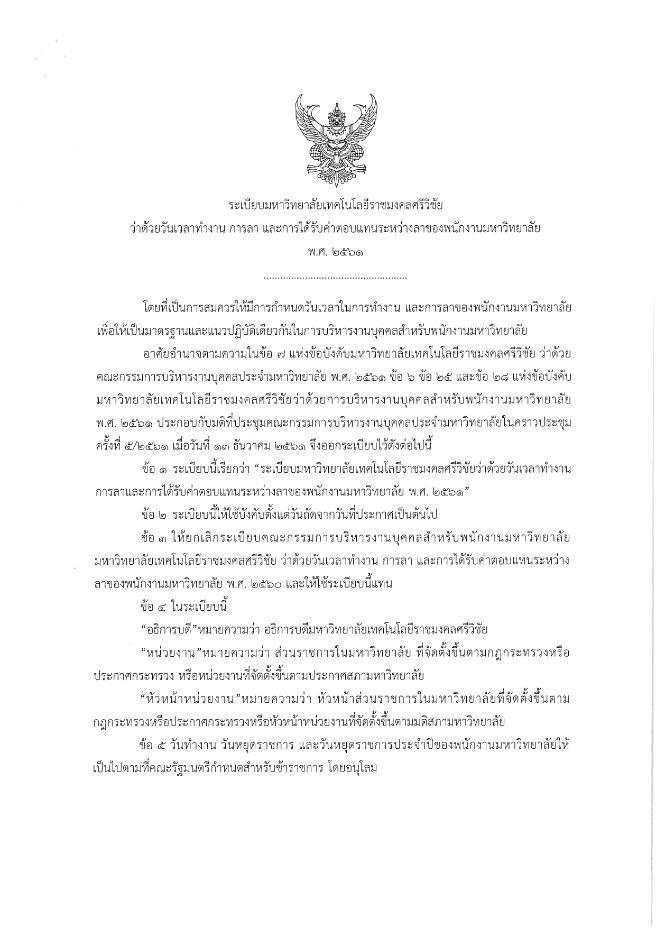Reporters : name of all SDGs team members
Assco . Prof . Chuinut Sujarit,Asst . Prof. Somboon Prasongchan,Asst . Prof . Nutworadee Kanittinsuttitong,Asst . Prof. Natta Kachenpukdee
Evidence Date : during 2024 June 14
Related SDGs:

Related Indicators : Please put related SDGs indicators 1.4.1, 1.4 .4
Details : Supporting details and pictures
On June 14, 2024, at Kanittha Cake Meeting Room in Trang Province, Rajamangala University of Technology Srivijaya (RMUTSV), together with seven partner universities across Southern Thailand and three private sector organizations, convened a policy-level meeting to formulate strategic frameworks for sustainable tourism development in the province. The discussion, chaired by Assoc. Prof. Sitthisak Chanthrioyong, Deputy Director of RMUTSV Trang Campus, aimed to align academic expertise, local governance, and private sector potential to enhance regional economic equity and community resilience.
This initiative exemplifies the university’s Policy and Operation approach to community empowerment—bridging research outcomes, educational goals, and local development policies into actionable strategies. RMUTSV and its partners emphasized the importance of evidence-based planning, inclusive participation, and resource sharing among public and private sectors to ensure that tourism becomes a sustainable driver of economic opportunity for all, particularly for marginalized and low-income communities.
The meeting also set a foundation for ongoing collaboration between the academic network and local administrative bodies to support the drafting and implementation of tourism-related development policies. These efforts align with the government’s regional development agenda and contribute to poverty reduction through structural reform, fair distribution of economic benefits, and community inclusion in decision-making processes.
Through this collaboration, RMUTSV actively advances SDG 1.4.1 by supporting communities to achieve sustainable financial and social stability, and SDG 1.4.4 by engaging in policy design and operational mechanisms that promote equitable access to economic resources. The initiative underscores the university’s role as a policy catalyst—translating knowledge into governance impact and operationalizing sustainability through institutional action.



Related Link



